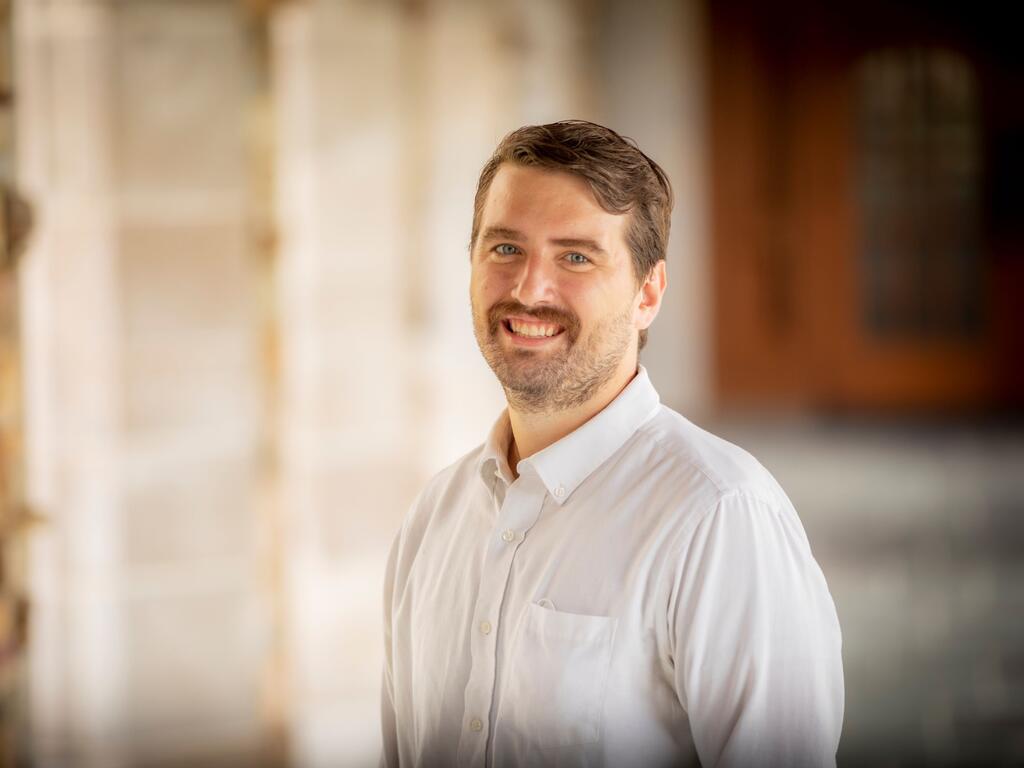Poor housing conditions in the U.S. is a problem linked to health problems, increased utility bills, disaster vulnerability, and neighborhood abandonment. The are a host of home repair programs at the federal, state, and local levels, but they are often under-resourced and their policies are confusing.
Dr. Austin Harrison, assistant professor of urban studies at Rhodes, collaborated with scholars from Harvard University’s Joint Center for Housing Studies to review the state and quality of home repair assistance programs. Recently, they published a report titled “Catalyzing a Movement to Produce Greater Public, Private, and Civil Resources to Improve Housing Conditions Through Home Repair Programs.”
Harrison’s research interests include housing policy, structural decline, neighborhood change, community development and organizing. He and the scholars hosted three virtual workshops in May 2024 involving practitioners of repair programs to qualitatively understand their organizational challenges.
Although housing inadequacy varies by type of structure and age, problems could include mold from consistent water leaks resulting from broken plumbing, multiple sewer breakdowns, exposed or missing electrical wiring, large open holes in the floor and ceilings.
The scholars noted in their report, “There is significant evidence that home repairs produce positive outcomes and that investments in home repair programs that assist low-income households yield positive social returns. Though the magnitude of the effect varies between studies and their respective focus on different repair types and outcomes, the effect is consistently positive. More rigorous research is needed, including inquiry into non-monetizable benefits.”
With additional research on policies and literature review, they concluded with a range of possible strategies that could be employed to improve home repair assistance programs including aligning federal programs, building local capacity, additional grants or forgivable loan resources a home repair coalition, and more scholarship in the home repair space.
